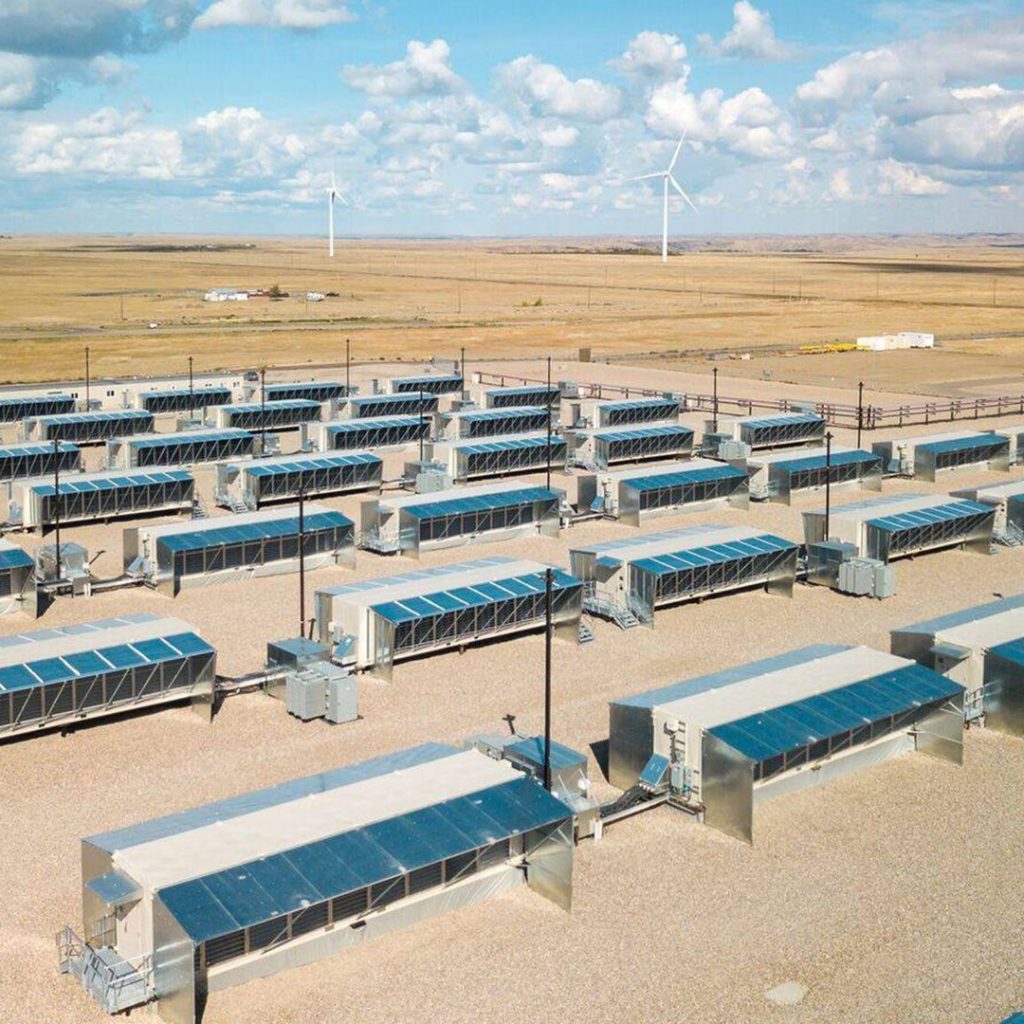Madeira, Portugal’s picturesque archipelago in the middle of the Atlantic, is actively seeking to transform its economic landscape by attracting startups and tech talents. Renowned for its natural beauty, the region faces challenges tied to an aging population and the necessity for economic diversification. To address these issues, the local government is turning to emerging technologies, particularly blockchain, to foster growth.
Madeira wants to attract talents and tech startups
A notable aspect of its approach is the creation of a free trade zone, constituting nearly 30% of businesses in the region. This special economic area provides enticing tax benefits, including one of the lowest corporate tax rates in the European Union, capped at a competitive maximum of 5%. Additionally, eligible firms enjoy exemptions from capital gains tax. It’s crucial to note that Madeira positions itself as a regulated space, subject to thorough audits by both national tax authorities and the European Commission, dispelling notions of being an offshore haven.
The finance secretary of the regional government, Rogerio Gouveia, emphasized the significance of the Free Zone or the International Business Center as a prime location for companies looking to establish a presence in the region. The tax incentives are seen as a pivotal driver for the influx of emerging technology companies, particularly those focused on Web3 technologies, into Madeira. One such company contributing to Madeira’s Web3 ecosystem is Yacooba Labs, a software development firm specializing in blockchain technology for ticketing solutions.
Yacooba Labs aims to address issues like overpriced secondary markets and ticket fraud. The company’s presence aligns with Madeira’s broader strategy to shift from a tourism-centric economy to one rooted in technology. In tandem with the tax incentives, Madeira is taking comprehensive steps to foster a technology-based economy. Information technology education in local schools has become a focal point, marking a significant shift from the 1970s when the island had a 50% illiteracy rate.
Education and innovation to propel the region’s evolution
This emphasis on education reflects a broader commitment to nurturing local talent and creating a skilled workforce to support the growing technology sector. Beyond startups and education, Madeira is exploring innovative projects to bolster its economic transformation. One such initiative involves developing a payment network that would seamlessly connect local merchants and simplify currency exchange for tourists. While still in the feasibility study stage, the envisioned network would leverage blockchain technology.
It will allow tourists to load and utilize a single debit card across the entire archipelago for various products and services. This unified card system could extend to streamline government operations, including the disbursement of social benefits like scholarships to residents. The regional government envisions Madeira as a laboratory for testing this model, akin to how the archipelago has historically been utilized to validate other technologies in Portugal, such as 4G and cable television.
This forward-looking approach positions Madeira as not only an attractive destination for Web3 entrepreneurs but also as a testing ground for cutting-edge solutions with broader implications. The Madeira Blockchain conference, held annually, serves as a testament to the region’s commitment to embracing emerging technologies. The recent 2023 edition, held from Nov. 30 to Dec. 1, attracted Web3 companies from around the world. The conference provided a platform for these companies to showcase their contributions to shaping the business models and technologies of the future.
Madeira’s strategic initiatives, encompassing tax incentives, educational reforms, and innovative projects, underscore a concerted effort to redefine its economic landscape. The convergence of these efforts not only positions Madeira as an appealing hub for Web3 entrepreneurs but also as a dynamic testing ground for pioneering solutions that extend beyond the archipelago’s shores. As Madeira continues to evolve, its transformation into a technology-driven economy could serve as a blueprint for regions seeking to adapt and thrive in the rapidly changing global landscape.





